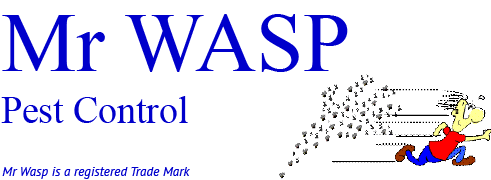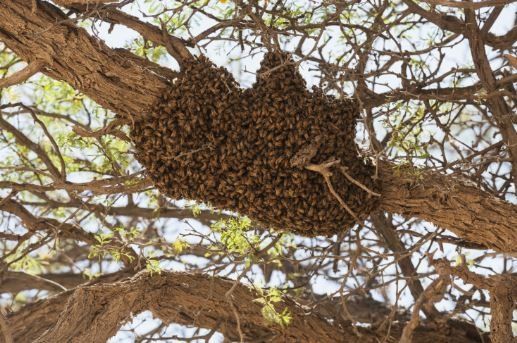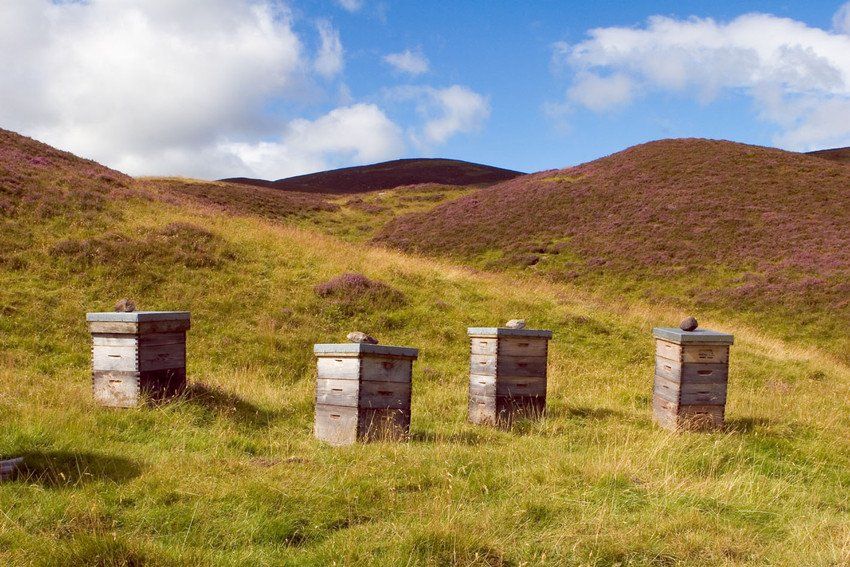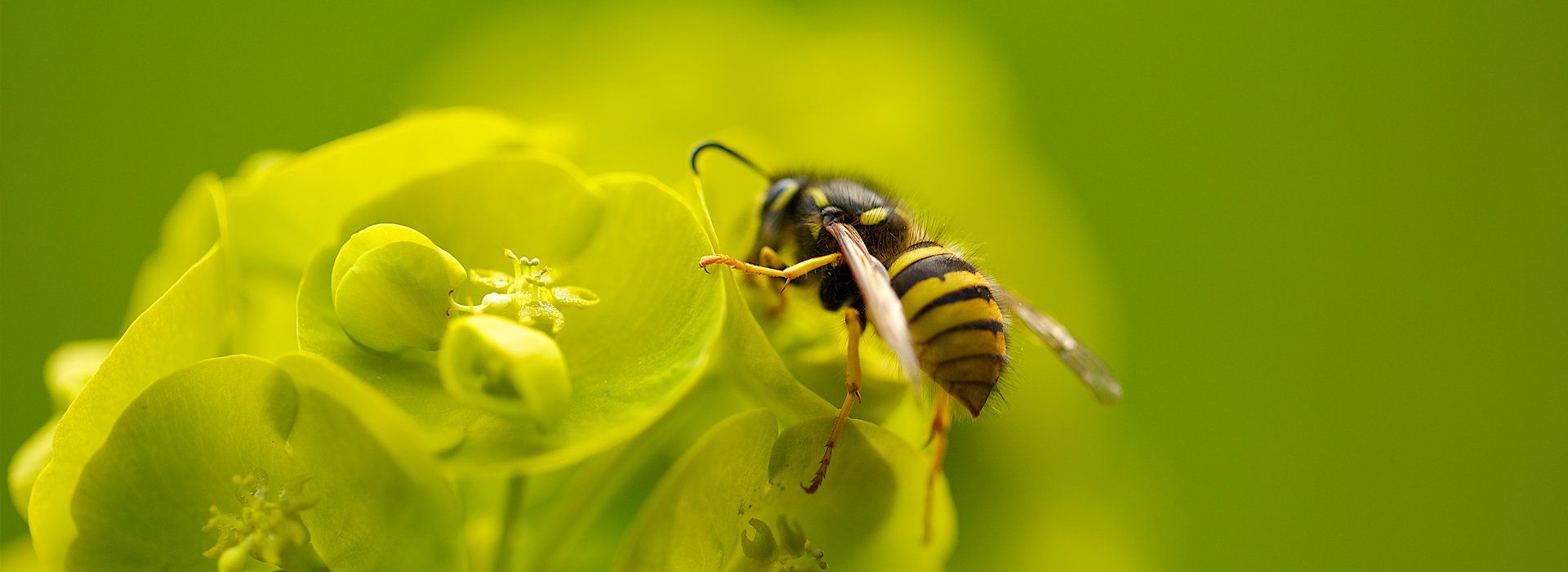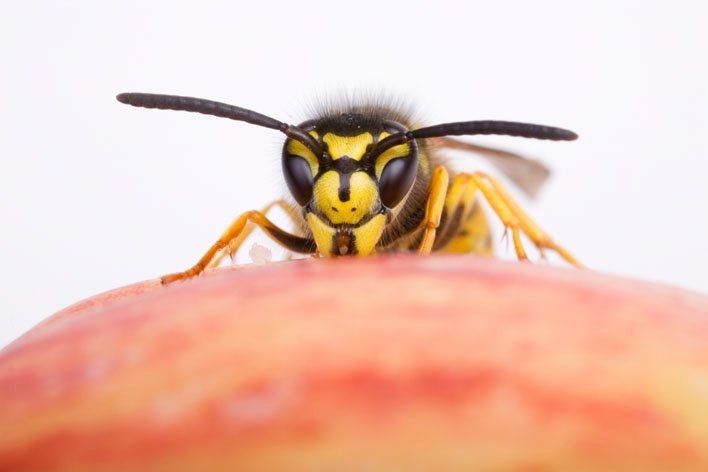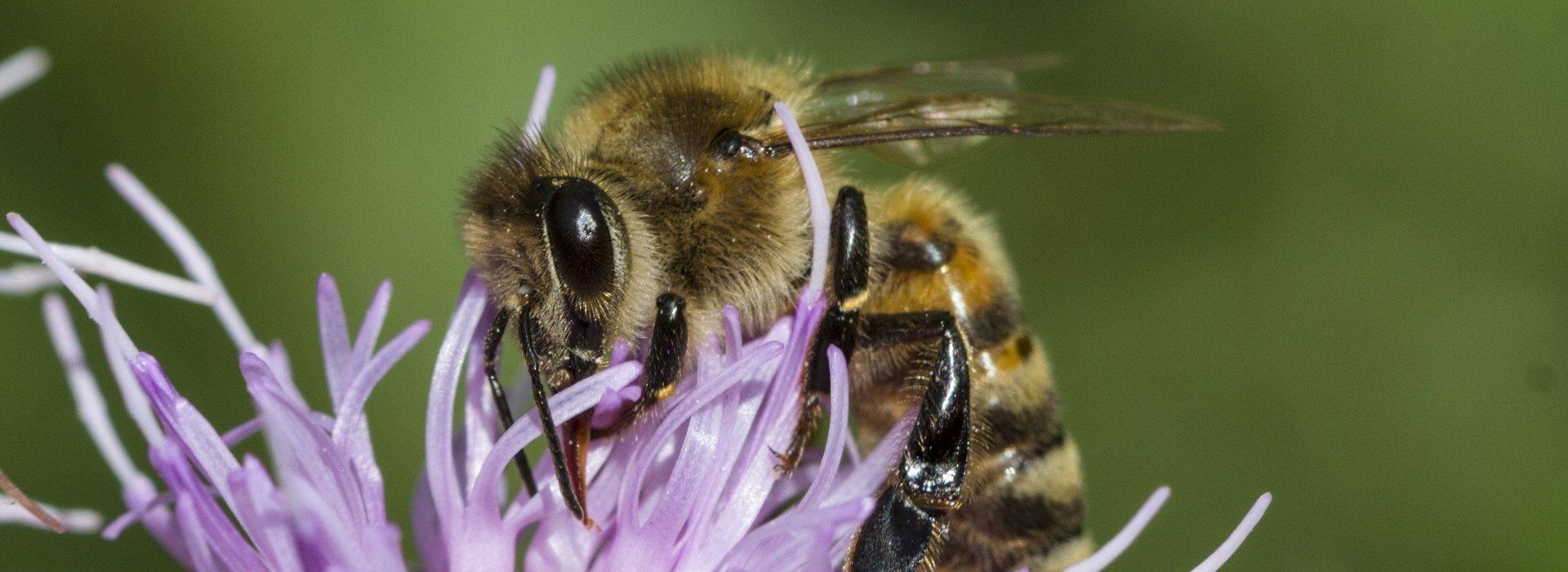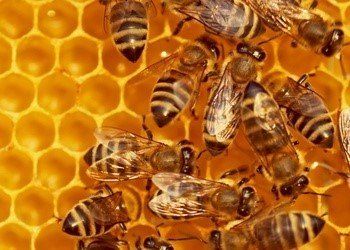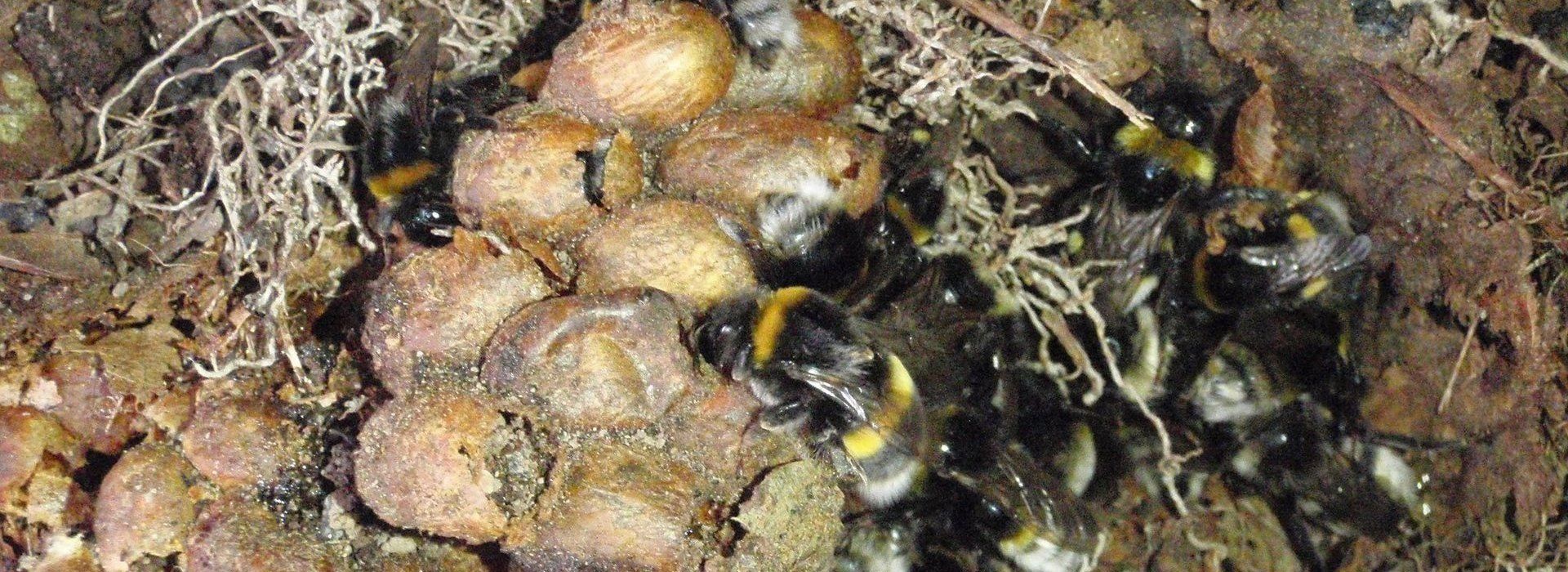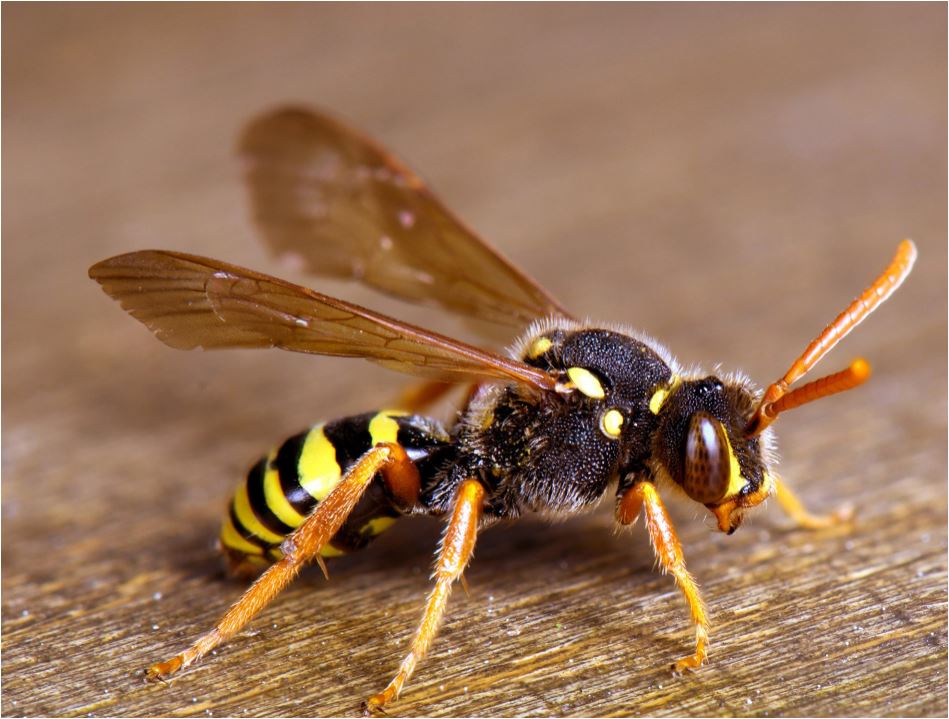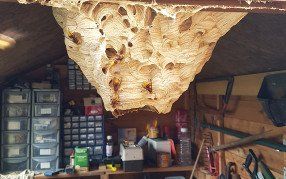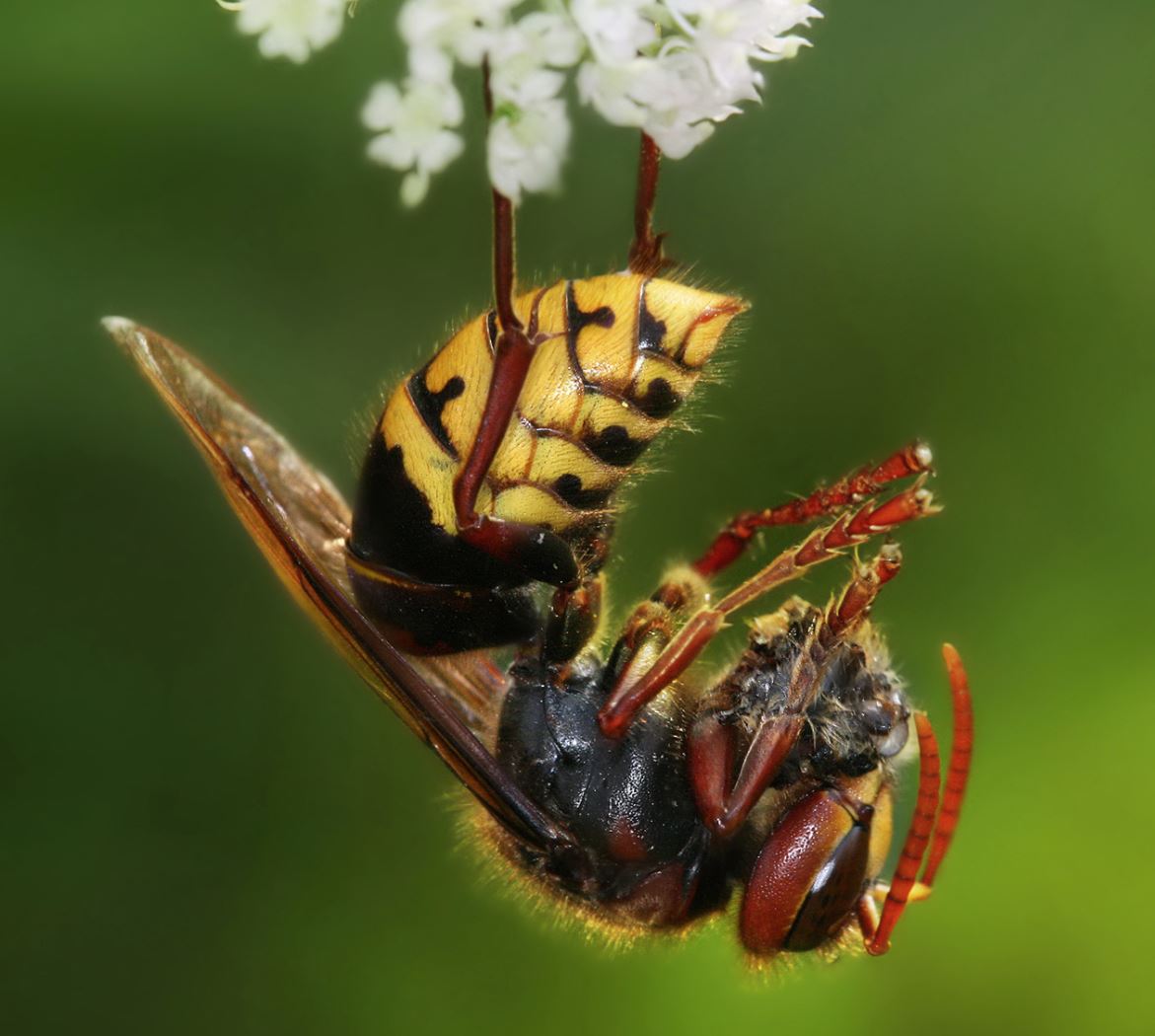Common and Unusual Locations Bees Build Their Hive
While many bee colonies choose to build their hives in trees, each species are different and many prefer dry, dark cavities. Bumblebees for example, prefer quiet locations that are shaded from the sun, as this prevents the hive getting overheated, however, it’s not unheard of for bees to set up camp in more unusual places, giving you a fright in the process.
So where might you find a bees nest? Read on to learn about some of the most common, and unusual, locations.
For honeybees, the process of finding a new nesting place usually occurs in late spring and early summer between May and July. Within a colony, each bee has its own role and for the scout bee, this means being in charge of finding a new home. For the bees, the decision needs to be made quickly, as delays will result in a loss of resources. Trees are common locations are they’re high enough to provide protection, and pre-existing cavities or vacant bird nests can last for years.
Within the home, attics and lofts are quiet locations that are rarely distrubed - the perfect location for bees. Most homeowners do not detect a hive until they notice bees in other areas of their home, ceiling stains or physically seeing the nest when they enter the attic.
Dry and secure, bees often sneak into garages and spend whole seasons there without being found. You may find a bees nest in the corner of your garage or shed or above doorways.
Bees can also dig nests underground or use empty burrows - common signs include spotting mounds of mud, similar to anthills but with larger openings. While these types of nests can make your garden lawn look unsightly, they can also be dangerous if you accidentally stand on one.
Under trampolines, benches sandpits or swings, bees have been known to latch on to garden furniture that isn’t used often. It may be a good idea to give these items a once over if they’ve been left out all season - you neve know what you might find!
Here at Mr Wasp , based in South Wales, we’re the expert in bee, wasp and hornet removal. Although these insects don’t usually become aggressive unless they feel threatened, we understand that you can feel unsafe if they build a nest or hive around your home. Using regulated and efficient techniques, our team will come up with the best solution for your situation. For more information get in touch today.
